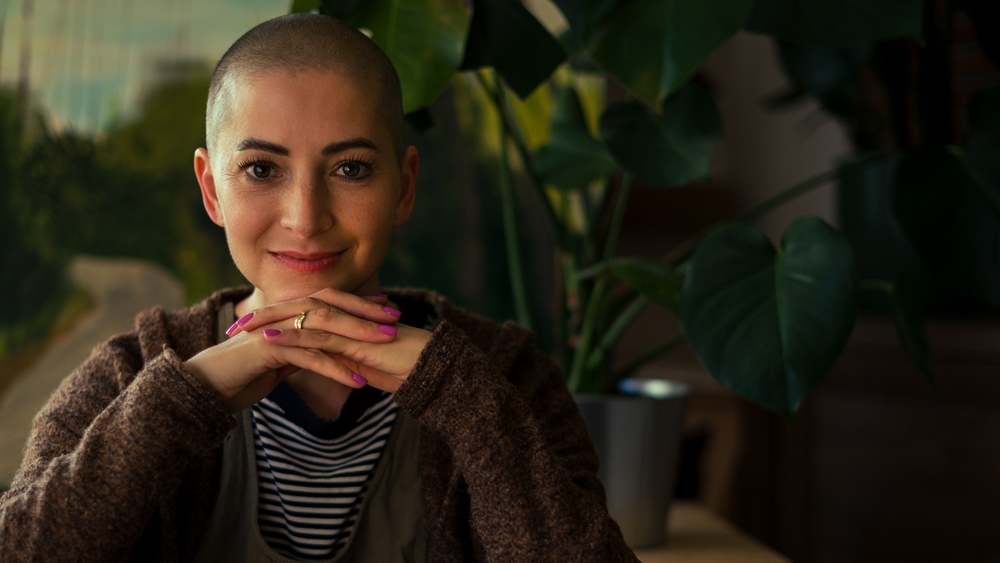Feeling anxious from time to time is a natural part of life. However, when anxiety becomes persistent, overwhelming, and interferes with daily life, it could be a sign of an Anxiety Disorder Symptoms. Recognizing these symptoms with compassion and awareness is an important step toward healing and support.
At Curotiva, we believe in creating a safe and non-judgmental space where people can explore their emotions with Care, Awareness, and Trust (CAT). If you or someone you love has been struggling silently, know that understanding anxiety symptoms is a step toward light and clarity—not something to fear.
What Is an Anxiety Disorder?
Anxiety disorders are among the most common mental health conditions. They involve more than temporary worry or fear. For someone with an anxiety disorder, the anxiety does not go away and can get worse over time, often affecting relationships, work, sleep, and overall quality of life. There are various types of anxiety disorders, such as generalized anxiety disorder (GAD), panic disorder, social anxiety disorder, and specific phobias. While each may present differently, they often share common signs.
Common Emotional Symptoms of Anxiety Disorders
Persistent Worry
A hallmark of anxiety disorders is excessive and uncontrollable worry. This worry often feels constant, even when there’s no clear reason to be concerned. It may focus on everyday things like health, work, or social interactions.
Restlessness or Feeling on Edge
Many people describe a constant sense of unease or restlessness. You may feel like something bad is about to happen, even when there’s no clear danger. This can create an ongoing sense of tension in your mind and body.
Irritability
Because the mind is under constant stress, even small issues can feel overwhelming or frustrating. Irritability is a common and understandable emotional response to long-term anxiety.
Difficulty Concentrating
Anxiety can make it hard to focus. Your mind might constantly race with thoughts, worries, or what-if scenarios, making it difficult to stay present or complete tasks.

Physical Symptoms of Anxiety Disorders
Rapid Heartbeat or Palpitations
Many people with anxiety describe a racing heart or fluttering in the chest. These sensations can sometimes mimic those of more serious medical conditions, adding to the fear and confusion.
Shortness of Breath or Chest Tightness
Anxiety can make it feel difficult to breathe or create a sense of chest tightness. These symptoms can appear during panic attacks or prolonged periods of stress.
Fatigue and Sleep Disturbances
Chronic anxiety often leads to exhaustion. Constant mental tension can drain your energy and interfere with restful sleep, leading to tiredness during the day.
Sweating, Trembling, or Stomach Issues
Physical signs like sweating, trembling hands, nausea, and stomach discomfort are also common. These are natural responses to heightened nervous system activity, often triggered by fear or stress.
When to Seek Help
If anxiety is interfering with your ability to function or is affecting your relationships, it may be time to reach out for support. You don’t need to wait for a crisis to begin healing. Recognizing your emotions and asking for help is not a weakness—it’s an act of courage.
At Curotiva, we offer a compassionate space where you can talk to trained listeners who understand what you’re going through. You can contact us here if you’re looking for someone to talk to, or even just need a place to begin exploring your emotions.
If you’d like clinical help or therapy, trusted Indian platforms like MindPeers and iCall provide confidential and affordable support from licensed professionals.
A Gentle Reminder
You are not alone. Anxiety can feel isolating, but millions of people experience it—and many recover with the right support. What you’re feeling is valid, and there are people who want to help you through it.
Understanding anxiety disorder symptoms is not about labeling yourself. It’s about becoming more aware of your feelings, giving yourself kindness, and knowing when to seek support. Healing doesn’t happen overnight, but every step forward counts.

